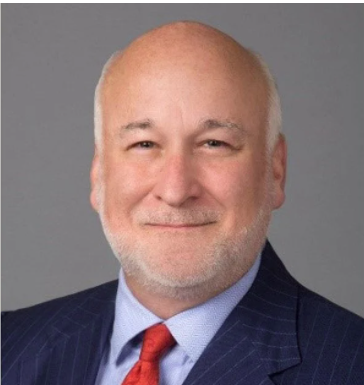


Stop Saying ‘Powwow’ for Meeting: CMG Adds Language Policy to Outside Counsel Guidelines
One of our daily must-read emails comes from Dan Bressler and his Bressler Risk Blog. Thanks to Dan for the lead to the article below.
By Phillip Bantz, writing for Law.com…
Nestled alongside the run-of-the-mill policies outlined in Cox Media Group Inc.’s latest outside counsel guidelines, which include such classics as how to get reimbursed for overpriced chocolate-covered peanuts from the hotel minibar and rules on confidentiality, is a curious section on diversity, equity and inclusion that focuses on language.
When he was crafting the policy, CMG general counsel Eric Greenberg realized he had a unique opportunity to, as he says, “have some influence on how people think about and use language,” more specifically, inclusive and non-inclusive language.
“I’ve been in meetings with people who have used language like, ‘We had a big powwow and now we’ve made a decision,’” Greenberg said. “Then you have things that are seemingly more benign, where people talk about information barriers as a ‘Chinese wall,’ or describe regulatory compliance as being ‘kosher,’ which I think people don’t even think twice about.”
Well, not all people. Whenever Greenberg, the parent of a trans child, encounters language in the interpretation section of a contract stating that a reference to one gender is to be read as a reference to the other gender, he whips out his red pen.
“I revise it to say that a reference to any gender refers to all genders—and no one has ever said anything to me about it,” he said. “I don’t know whether they roll their eyes or say, ‘Oh, I never thought of that.’ But it’s a way of normalizing the concept.”
He added, “Each little word change in the direction of inclusion is just another swing of the scythe clearing away the brush of non-inclusion.”
For the rest, click here.